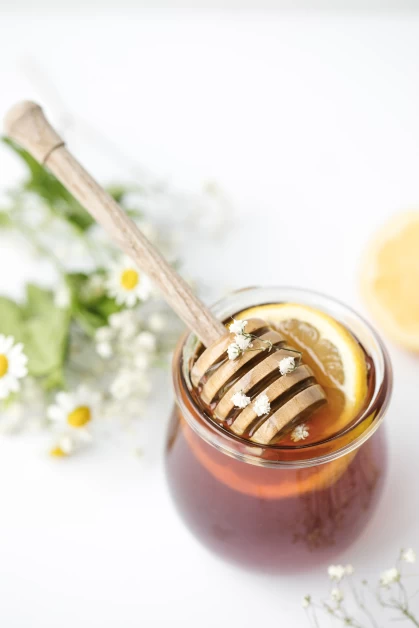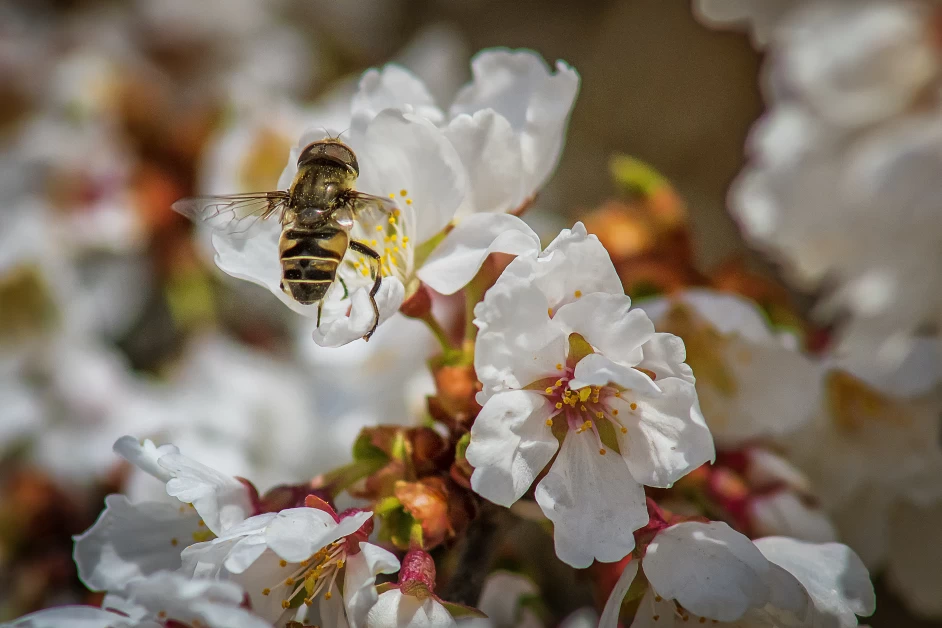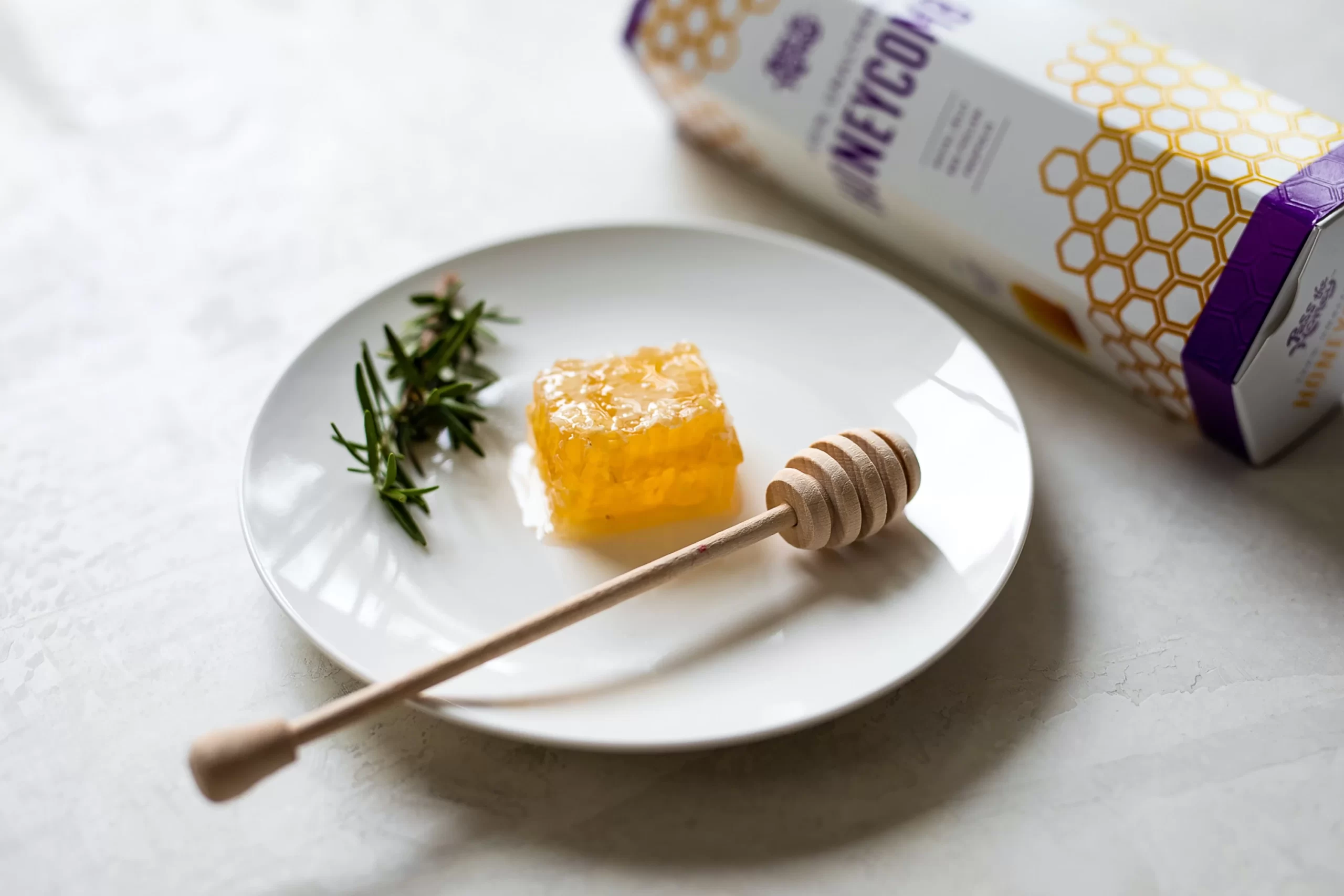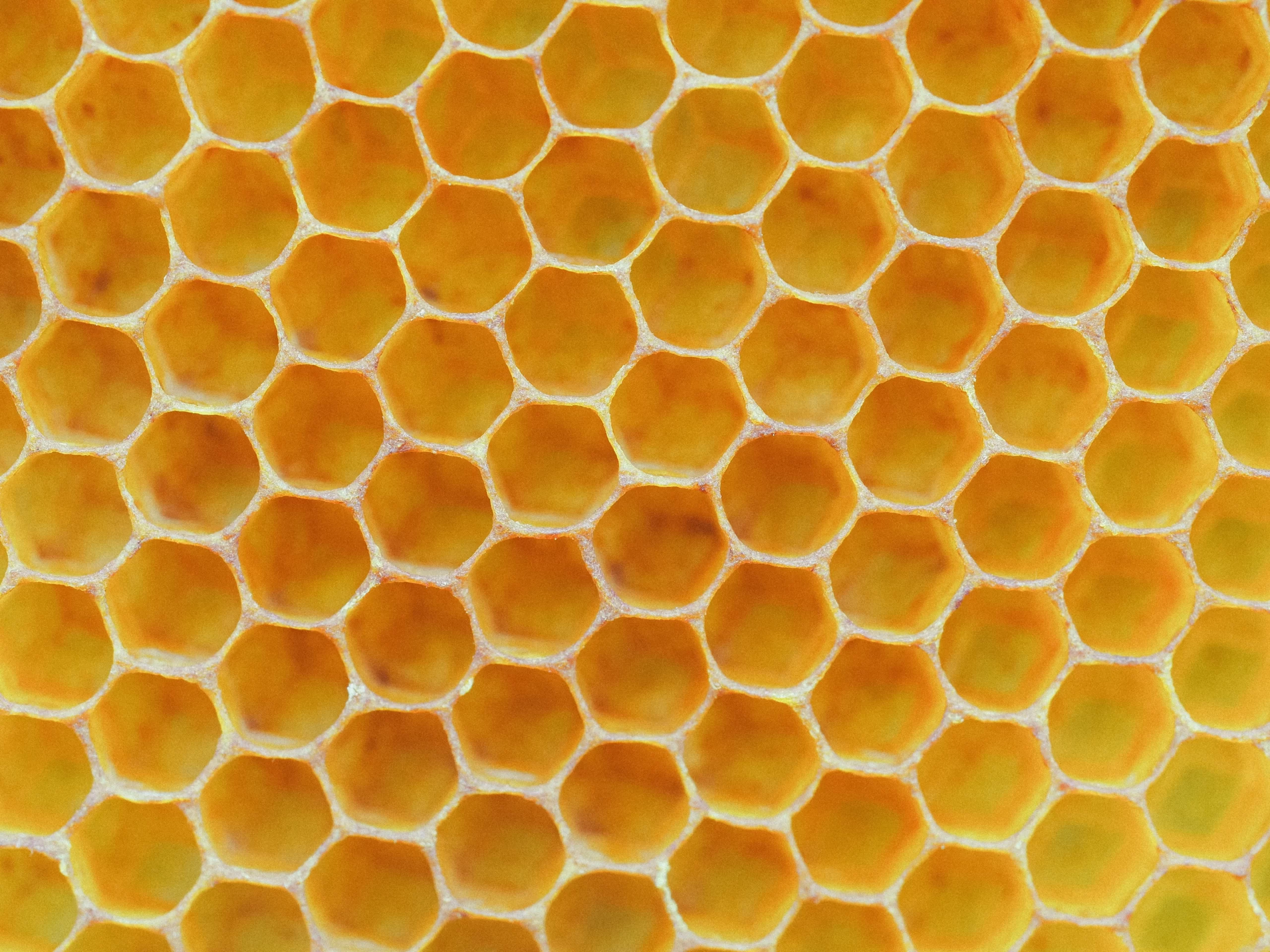Introduction
As a honey enthusiast, I’m always on the lookout for the best products to indulge in, and New Zealand Honey Co.’s manuka honey has recently captured my heart. This wellness company is dedicated to bringing the finest honey to your table, from everyday manuka honey that can boost your immune system through ultrapotent varieties—all packaged in their signature colorful pots.
My Review of New Zealand Honey Co. Manuka Honey
After my previous favorite, Comvita manuka honey, started to disappoint me with increased prices and under-filled bottles, I decided it was time to search for a new go-to brand. That’s when I stumbled upon New Zealand Honey Co., and I must say, I’m glad I gave it a shot! In this post, I will share my honest opinion about New Zealand Honey Co. manuka honey, including its taste, texture, benefits, and overall value. By the end, you’ll have a better idea of whether this product is right for you.
Pros & Cons
In this review, I will focus on the UMF 15+ variety of their manuka honey, which is one of their best-selling products. My personal experience with New Zealand Honey Co.’s manuka honey has been nothing short of delightful. The moment I tasted it, I was transported to a world of rich, creamy flavors with a hint of toasted caramel that tantalized my taste buds. The honey’s light golden hue is visually appealing, and its thick consistency adds to its luxurious feel.
Overall Rating
One of my most cherished memories with this manuka honey was when I first drizzled it over a warm bowl of oatmeal. The honey’s velvety texture and unique flavor had me hooked instantly. Ever since, I’ve been incorporating it into various parts of my daily routine – from adding a dollop to my morning tea to savoring a spoonful straight from the jar as a quick pick-me-up. I’ve had the pleasure of trying their UMF 20+ variety as well, and it’s worth noting that although the flavors are strikingly similar, there’s something about the UMF 20+ that takes the experience to new heights. The distinctive tea tree essence of this manuka honey highlights its medicinal qualities. While I can’t pin my recent improvements in post-viral symptoms solely on the honey, it has undoubtedly been a delectable part of my wellness regimen. As a fan of the Wedderspoon brand, I was pleasantly surprised to find that this manuka honey held its own in terms of taste and texture. The only notable difference between the two is the absence of an aftertaste in the Wedderspoon variety.
Unique Features of New Zealand Honey Co. Manuka Honey
New Zealand Honey Co. offers an incredible range of manuka honey with various UMF™ grades. Let me walk you through these amazing grades and share some personal experiences.
UMF 5+
Starting with UMF™ 5+, this grade is perfect for everyday use and offers general health benefits. It’s a great introduction to the world of manuka honey.
UMF 10+
UMF™ 10+ is the next step up, providing a stronger concentration of beneficial properties. It’s ideal for those looking to enhance their overall well-being and immune support.
UMF 15+
UMF™ 15+ is where things start to get serious. A friend of mine found it works wonders for her husband’s esophagitis. I’ve tried both UMF™ 15+ and UMF™ 20+ and found the difference to be minimal, so I decided to stick with UMF™ 15+ to save some money. Both are amazing, though!
UMF 20+
UMF™ 20+ offers even more powerful health benefits. If you can afford it, go for the higher grade to maximize the potential advantages.
UMF 24+
UMF™ 24+ is a rare and special treat with an even higher concentration of beneficial properties. It’s perfect for those seeking additional support for specific health concerns.
UMF 26+
UMF™ 26+ is a limited-production liquid treasure, as it’s scarce in nature. If you have an ulcer, I highly recommend giving it a try. You’ll be surprised at how much better you’ll feel.
UMF 28+
Lastly, the creme de la creme, UMF™ 28+ honey is the epitome of purity and potency. This elusive grade is obtained in only the smallest quantities. If you want the best of the best, this is it.
Questions & Answers
- Does New Zealand Honey Co. ship their products overseas?
Yes, New Zealand Honey Co. ships its products overseas. They offer international shipping to many countries.
- Is New Zealand Honey Co. manuka honey monofloral or multifloral?
New Zealand Honey Co. manuka honey is monofloral, which means it mostly comes from the nectar of the manuka flower. This gives it its unique characteristics and health benefits.
- How many servings are there per container?
The number of servings per container depends on the size of the container and the amount of honey you use. On average, a jar of New Zealand Honey Co. manuka honey contains around 48 servings.
- What is Colourclub Rewards?
Colourclub Rewards is New Zealand Honey Co.’s loyalty program. Customers can earn points for making purchases and participating in various activities. These points can then be redeemed for discounts or free products.
- Is New Zealand Honey Co.’s honey a 100% raw product?
Yes, New Zealand Honey Co.’s honey is 100% raw. It is not heated or pasteurized, preserving its natural enzymes and health benefits.
Other Options to Consider
If New Zealand Honey Co.’s manuka honey doesn’t meet your needs or preferences, there are other options to consider. Here are a few reputable brands you can explore:
-
Comvita Manuka Honey: Comvita is a well-known brand that offers a variety of manuka honey products. They have a range of UMF grades to choose from and have a strong reputation in the industry.
-
Wedderspoon Manuka Honey: Wedderspoon is another popular brand that specializes in manuka honey. They offer different grades and have a wide selection of products.
-
Manuka Health: Manuka Health is a trusted brand that produces high-quality manuka honey. They offer a range of UMF grades and have a strong commitment to sustainability and environmental responsibility.
Manuka honey is not only delicious but also packed with nutrients. Here is some nutrition information for New Zealand Honey Co.’s manuka honey:
- Serving size: 1 tablespoon (21g)
- Calories: 64
- Total fat: 0g
- Sodium: 1mg
- Total carbohydrates: 17g
- Sugars: 16g
- Protein: 0g
Please note that these values may vary slightly depending on the specific UMF grade of the honey.
Taste and Appearance
New Zealand Honey Co.’s manuka honey has a unique taste and appearance. It has a rich, creamy flavor with hints of toasted caramel. The honey has a light golden hue, which is visually appealing. Its thick consistency adds to its luxurious feel.
Grades Available
New Zealand Honey Co. offers a wide range of UMF grades for their manuka honey. These grades indicate the level of beneficial properties and overall quality of the honey. The available grades include UMF 5+, UMF 10+, UMF 15+, UMF 20+, UMF 24+, UMF 26+, and UMF 28+. Each grade offers its own set of health benefits and potency.
Purity and Authenticity
New Zealand Honey Co. is dedicated to ensuring the purity and authenticity of its manuka honey. They source the honey from bees native to New Zealand and package it right on-site. Every jar of their manuka honey undergoes testing for agrichemicals and other impurities to maintain the highest quality standards.
Brand Reputation
New Zealand Honey Co. has a strong brand reputation in the industry. Their honey products have amassed over 10,000 reviews on Amazon, indicating a satisfied customer base. The positive feedback speaks to the quality and taste of their honey.
Packaging and Size
New Zealand Honey Co.’s packaging is both durable and visually appealing. The rPET plastic jars ensure that there’s no risk of glass breakage during transit. These jars are transparent, shatter-proof, and thermo-stable, making them reusable and highly durable. The color-coded labels make it easy to identify different varietals, and the inclusion of a QR code sticker on the lid allows customers to access more information about the honey.
The company offers different jar sizes, including 4.4oz, 8.8oz, and 17.6oz. This allows customers to choose the size that best fits their needs and preferences.
Price and Value
When it comes to price and value, New Zealand Honey Co. offers competitive prices for their manuka honey. While manuka honey is generally more expensive than regular honey, New Zealand Honey Co. delivers top-quality manuka honey at reasonable prices. For example, an 8.8oz jar of UMF 15+ costs $38.88 USD, which is comparable to other leading brands. They also offer a Subscribe & Save program, which brings additional savings, and provide free shipping on orders over $50.
Competitive Prices
Here’s a price comparison for New Zealand Honey Co.’s manuka honey (UMF 15+) with other brands offering similar grades:
| Brand |
Price (UMF 15+) |
| New Zealand Honey Co. |
$38.88 USD |
| Comvita |
$49.99 USD |
| Wedderspoon |
$39.99 USD |
| Manuka Health |
$44.99 USD |
As you can see, New Zealand Honey Co. offers competitive prices for their manuka honey.
Availability of Premium Grades
New Zealand Honey Co. offers a range of premium grades for their manuka honey, including UMF 24+, UMF 26+, and UMF 28+. These grades are rare and special, with higher concentrations of beneficial properties. While they may be harder to find due to their limited availability, New Zealand Honey Co. strives to provide these premium grades to customers who are seeking additional health support.
Transparent Lab Testing
New Zealand Honey Co. is committed to transparency and traceability. They test their entire honey range in independent government-approved laboratories like Analytica and Hill Laboratories. These labs perform standard honey tests to ensure authenticity and purity, such as MPI Manuka Chemical Marker and DNA marker tests.
About the Author
Mel Dawn is a professionally published online content writer who also enjoys writing speculative fiction. She is the author of two published books under her full name of Melanie Dixon: “The Aquaria Chronicles” and “Just One More Purr: Chronic and Terminal Illness Support for Cats and the Humans Who Love Them.”
Conclusion
In conclusion, New Zealand Honey Co.’s manuka honey is a top-quality product that offers unique flavors, health benefits, and overall value. With a wide range of UMF grades and competitive prices, it’s a brand worth considering. Their commitment to sustainability, transparency, and traceability further adds to their appeal.
If you’re looking for where to buy Manuka Honey for dogs, New Zealand Honey Co. is a reputable brand to explore. Their manuka honey can provide various health benefits and support your furry friend’s well-being. Just remember to consult with your veterinarian before incorporating manuka honey into your dog’s diet.
Visit https://aboutmanukahoney.com to learn more about the benefits of manuka honey and discover other reputable brands.









